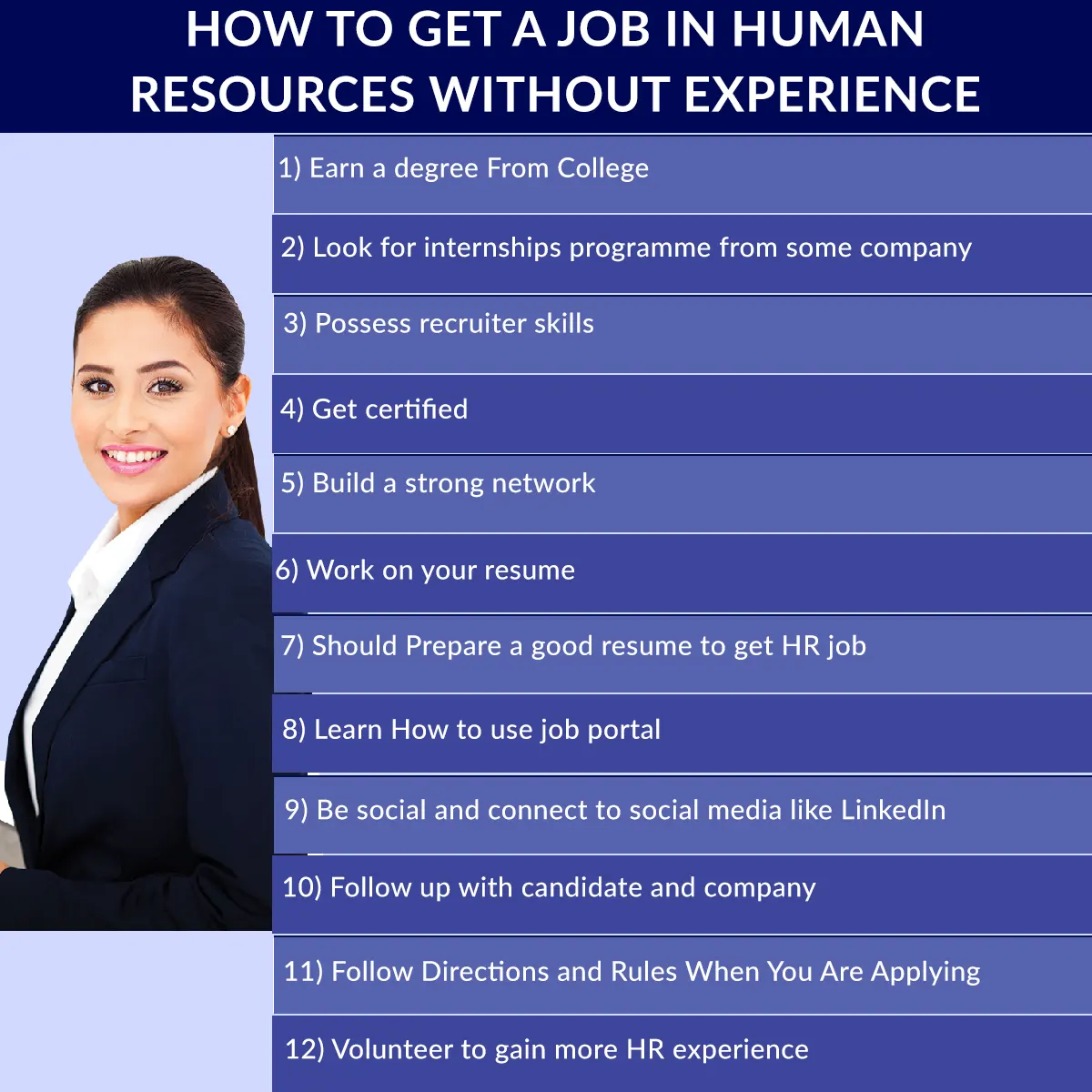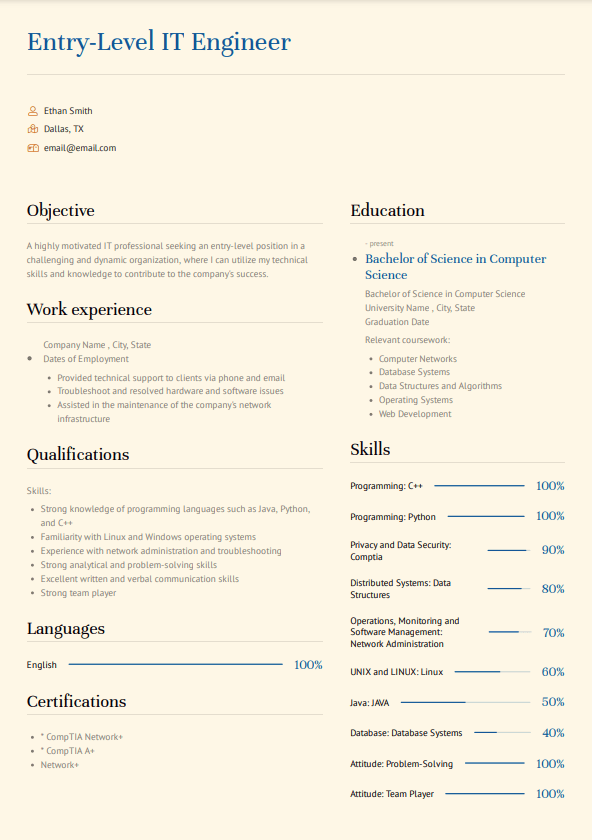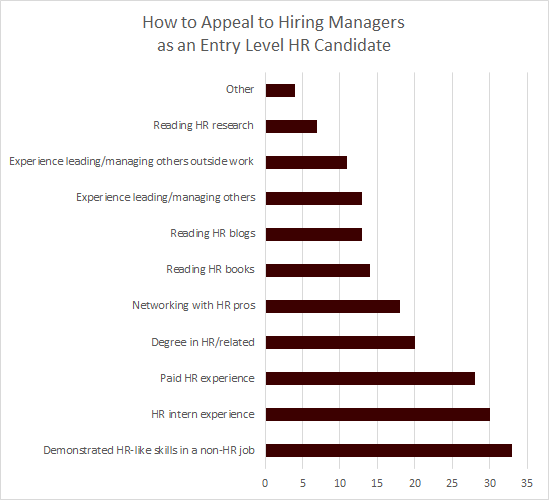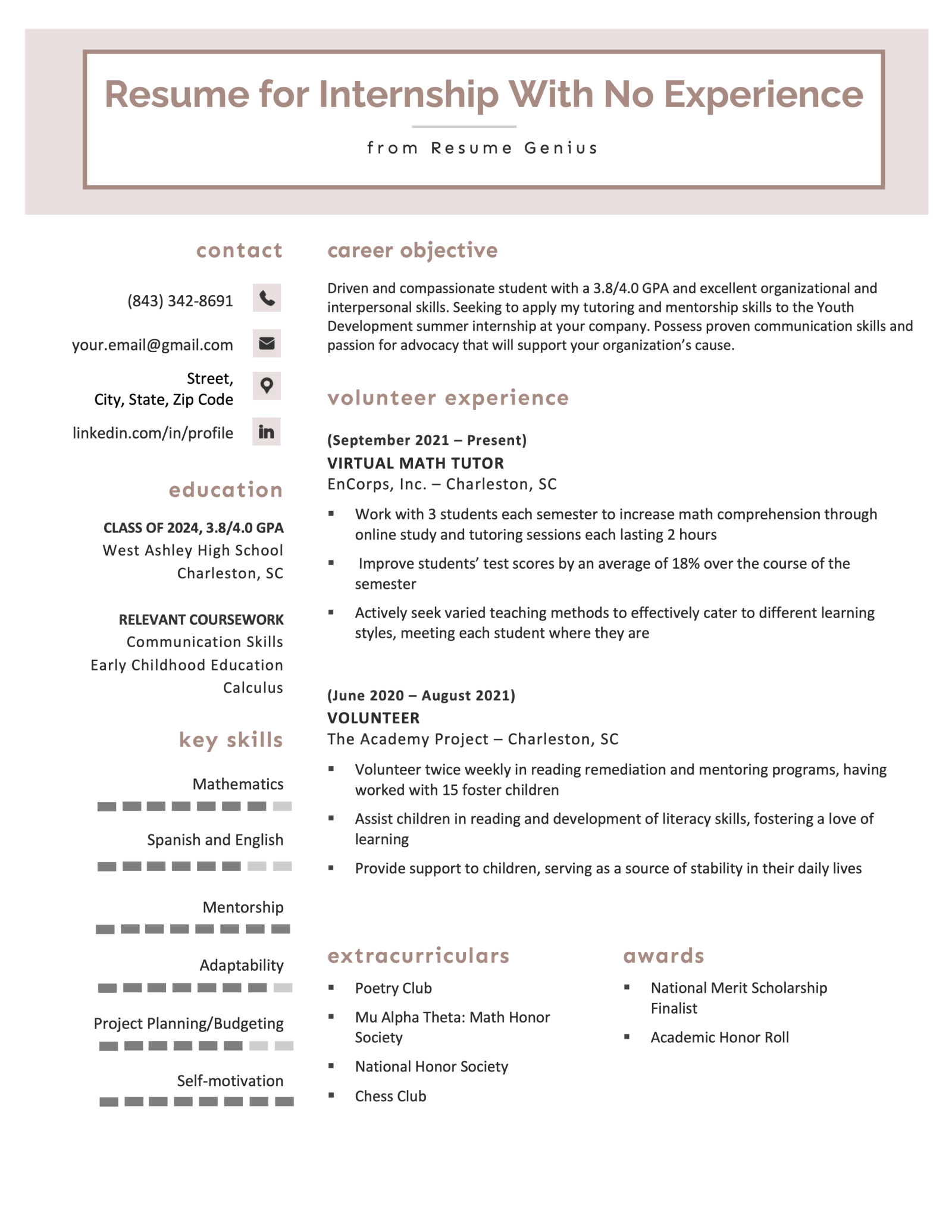How To Get Into It Without Experience

The modern job market often feels like a paradox. Entry-level positions demand experience, creating a seemingly impenetrable barrier for aspiring professionals eager to launch their careers. Countless individuals find themselves trapped in a cycle of rejection, facing the daunting question: How can one gain experience without first being given the opportunity?
The challenge is real, and the frustration is palpable. But navigating this landscape isn't impossible. This article offers a pragmatic guide to breaking into a new field, even without prior direct experience, focusing on actionable strategies and a shift in mindset.
Understanding the Landscape
Before diving into specific tactics, it's essential to understand why experience is so highly valued. Employers seek individuals who can quickly contribute, minimize training time, and demonstrate a proven track record of success.
However, experience isn't the only valuable asset. Adaptability, a willingness to learn, and strong transferable skills are equally important, especially in today's rapidly evolving industries.
Building Your Foundation
The first step is identifying your target industry and the specific skills it demands. Research job descriptions, industry publications, and connect with professionals in the field to gain a deeper understanding.
Focus on acquiring these essential skills, even if it means starting from scratch. Online courses, bootcamps, and workshops offer structured learning opportunities and can provide valuable certifications.
Leveraging Transferable Skills
Don't underestimate the power of transferable skills. These are skills honed in previous roles or activities that can be applied to a new context. For example, strong communication skills developed in customer service can be valuable in a sales position.
Identify your transferable skills and tailor your resume and cover letter to highlight their relevance to the target role. Quantify your achievements whenever possible, showcasing the impact you've made in previous endeavors.
The Power of Networking
Networking is crucial for breaking into a new field. Attend industry events, join professional organizations, and connect with individuals on LinkedIn.
Informational interviews are invaluable for learning about the industry, gaining insights, and building relationships. Reach out to professionals and ask for advice, demonstrating your genuine interest and eagerness to learn.
Networking is not about asking for a job directly, but about building relationships and creating opportunities.
Gaining Practical Experience
While formal experience may be lacking, there are numerous ways to gain practical experience and demonstrate your capabilities. Volunteering, internships, and personal projects can provide hands-on learning and valuable additions to your resume.
Consider offering your skills on a pro bono basis to organizations or individuals in your target industry. This demonstrates your commitment and allows you to build your portfolio and network.
Embrace Freelancing and Side Hustles
Freelancing and side hustles are excellent ways to gain experience and build a portfolio while maintaining your current employment. Platforms like Upwork and Fiverr offer opportunities to showcase your skills and work on real-world projects.
Even small, independent projects can demonstrate your capabilities and provide tangible evidence of your skills. Document your work and create a portfolio that showcases your accomplishments.
Crafting Your Narrative
Your resume and cover letter are your first impression, so it's crucial to present yourself effectively. Focus on highlighting your skills, accomplishments, and passion for the industry.
Tailor your application to each specific role, demonstrating how your skills and experience align with the job requirements. Use keywords from the job description to ensure your application is easily recognized by applicant tracking systems (ATS).
In your cover letter, address the lack of direct experience head-on. Explain why you're transitioning to this new field and highlight the skills and qualities that make you a strong candidate.
The Interview Process
The interview is your opportunity to showcase your personality, enthusiasm, and potential. Prepare for common interview questions and practice your responses.
Be prepared to discuss your transferable skills and how they relate to the target role. Highlight your passion for the industry and your eagerness to learn and grow.
Research the company thoroughly and demonstrate your understanding of its mission, values, and goals. Ask insightful questions to show your genuine interest and engagement.
Looking Ahead
Breaking into a new field without experience requires dedication, perseverance, and a willingness to learn. Embrace the challenges, seek out opportunities, and never stop networking and building your skills.
The journey may be challenging, but the rewards are well worth the effort. By focusing on your strengths, gaining practical experience, and crafting a compelling narrative, you can overcome the experience gap and launch your dream career.


















